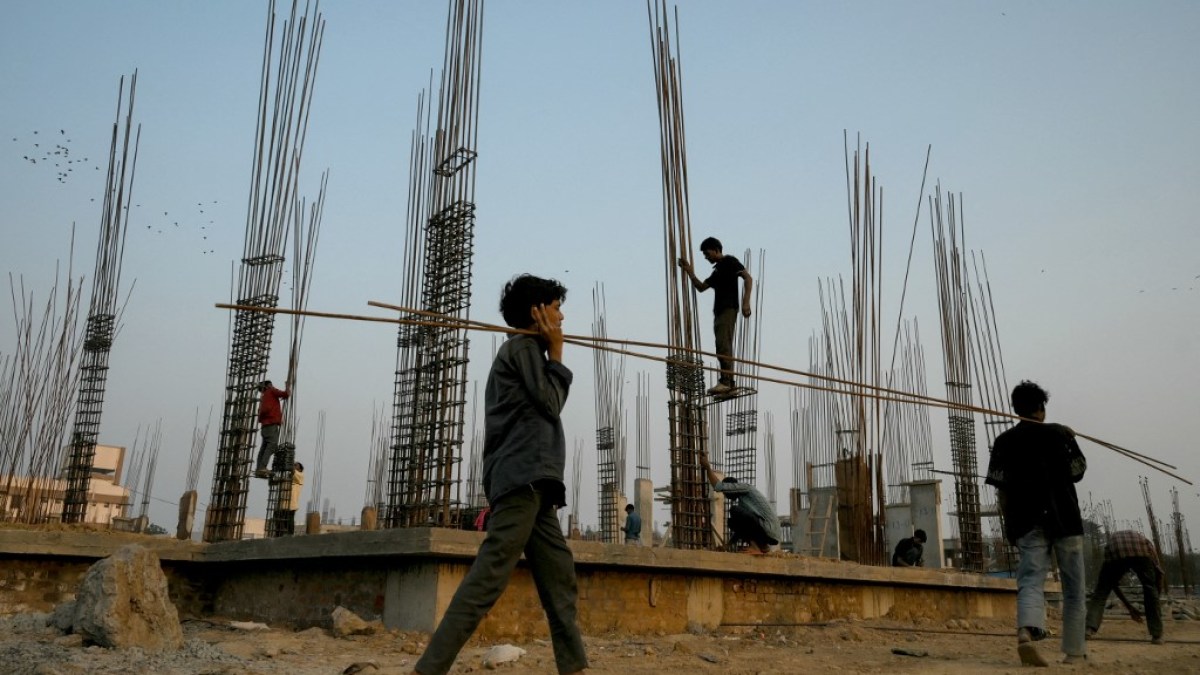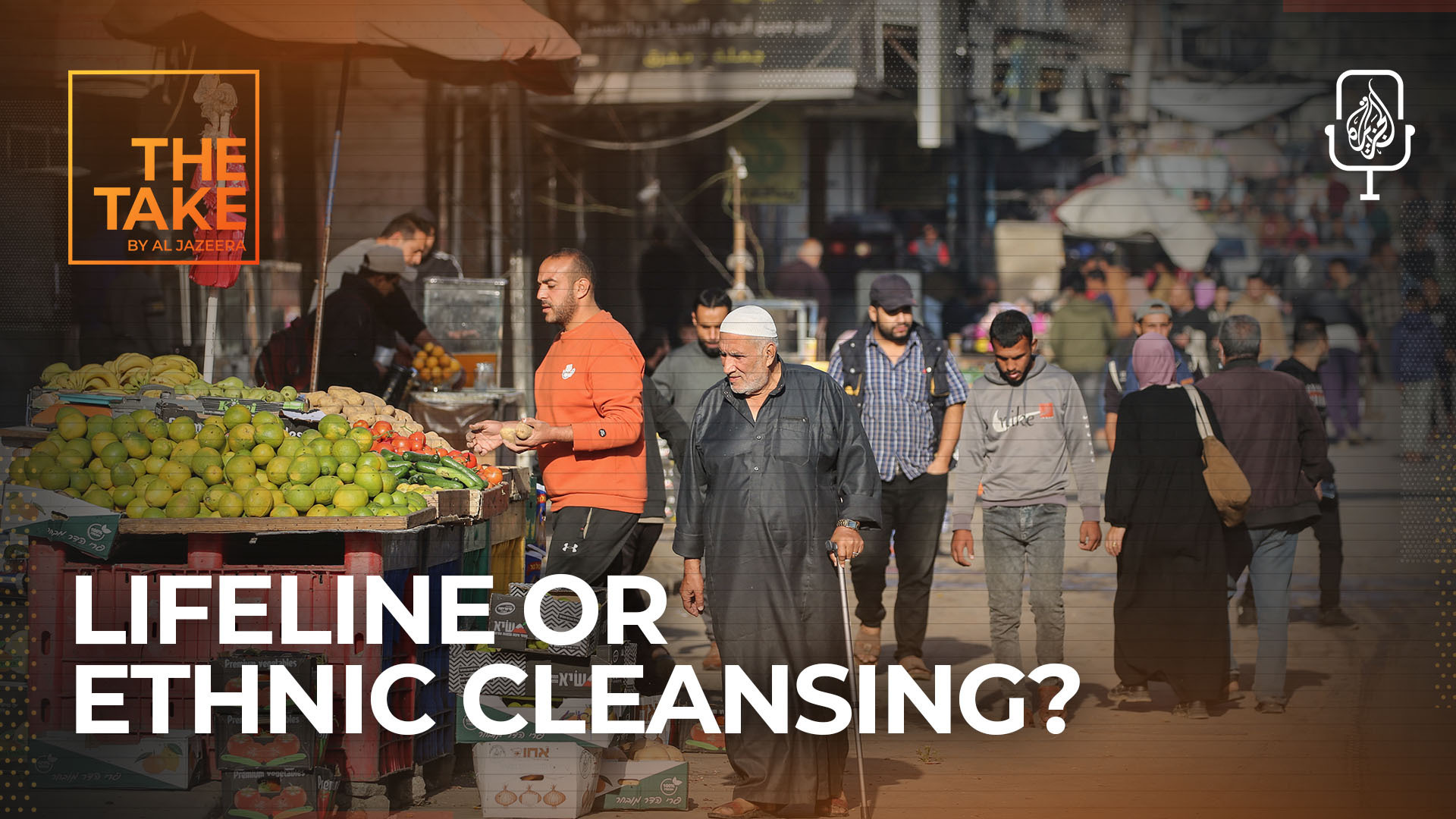At least 67 Palestinian children have been killed in the Gaza Strip since a United States-brokered ceasefire agreement came into effect last month, the United Nations Children’s Fund (UNICEF) says.
Speaking during a news conference in Geneva on Friday, UNICEF spokesperson Ricardo Pires said the death toll includes a baby girl who was killed in an Israeli air strike on a home in southern Gaza’s Khan Younis on Thursday.
Recommended Stories
list of 3 itemsend of list
It also includes seven other children killed a day earlier, as Israel carried out a wave of attacks , across the enclave.
“This is during an agreed ceasefire. The pattern is staggering”, Pires told reporters of the death toll since October 11, the first full day of the truce between Israel and Hamas.
“As we have repeated many times, these are not statistics: Each was a child with a family, a dream, a life – suddenly cut short by continued violence”.
Palestinian children have borne the brunt of Israel’s bombardment of Gaza, with UNICEF estimating last month that 64, 000 children have been killed and injured in Israeli attacks since the war began in October 2023.
Save the Children reported this week that, in 2024, an average of 475 Palestinian children “suffered lifelong disabilities” each month as a result of the war, including traumatic brain injuries and burns.
Gaza has also become “home to the largest cohort of child amputees in modern history”, the humanitarian group said.
Meanwhile, Israel has been accused of using starvation as a weapon of war, plunging the territory into a humanitarian crisis that led to several hunger-related deaths among children, who are especially vulnerable when food supplies run out.
‘ People screaming everywhere ‘
This week, the Israeli military carried out a series of air strikes across Gaza in response to what it said was an incident that saw its troops fired upon in Khan Younis in the south of the Strip.
Hamas rejected Israel’s claim, saying the latest strikes – which killed at least 32 Palestinians – were “a dangerous escalation” that demonstrates that the Israeli government wants “to resume the genocide” in Gaza.
Doctors Without Borders, known by its French acronym MSF, said on Friday that its teams in Gaza had treated several Palestinian women and children “with open fractures and gunshot wounds to their limbs and head” amid the wave of Israeli attacks.
Zaher, an MSF nurse working at a mobile clinic in Gaza City, said they treated a woman with a leg injury and a nine-year-old girl with a facial wound caused by Israeli quadcopter gunfire.
Mohammed Malaka, a patient at al-Shifa Hospital, also in Gaza City, said he heard the sounds of two incoming missiles before he lost consciousness.
“I opened my eyes and saw my father on the ground, and I saw my three brothers on the ground, covered in blood and dust was everywhere”, he told MSF.
“I could hear people screaming everywhere … the tents had become ashes, and people were lying on the ground everywhere”.
Palestinians in Gaza continue to struggle as a result of Israel’s continued restrictions on the delivery of humanitarian aid, including tents, to displaced families during the harsh winter months.
Many children are “sleeping in the open” and “trembling in fear while living in flooded, makeshift shelters,” according to UNICEF’s Pires.
He urged more assistance to be allowed into the area, noting that “the reality imposed on Gaza’s children remains brutally simple: There is no safe place for them and the world cannot continue to normalize their suffering.”





